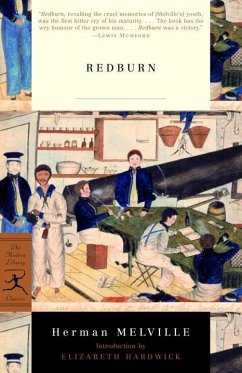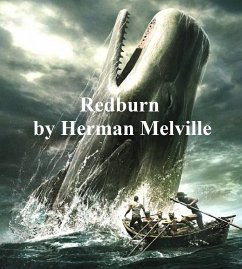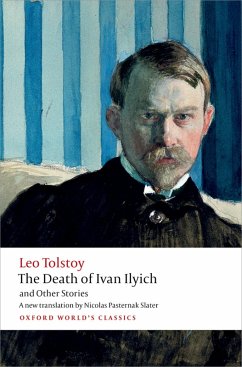
Redburn (eBook, PDF)
His First Voyage

PAYBACK Punkte
1 °P sammeln!
Sea voyages and the vagaries of life on a ship are constant themes in the work of Herman Melville. In the novel Redburn, Melville sharply contrasts the refined sensibilities of the title character, an upper-class American youth, with the coarse manners of his Liverpudlian shipmates. The novel is notable for its finely drawn characters and piercing social criticism.
Dieser Download kann aus rechtlichen Gründen nur mit Rechnungsadresse in A, B, BG, CY, CZ, D, DK, EW, E, FIN, F, GR, HR, H, IRL, I, LT, L, LR, M, NL, PL, P, R, S, SLO, SK ausgeliefert werden.














